International Relations and Great Power Technological Competition in the Era of Great Transformations
On January 11th, the first phase of the training program for enhancing internationalization competence of managers, organized by the Office of International Cooperation and Exchange at Shanghai Jiao Tong University, was successfully held at the Conference Center of the Wenbo Building in the Minhang Campus. Professor Huang Qixuan from the School of International and Public Affairs and the Deputy Head of the International Relations Department at Shanghai Jiao Tong University was invited to deliver an excellent lecture on the topic of "International Relations and Great Power Technological Competition in the Era of Great Transformations." Luo Peng, the Director of the International Affairs Division, along with Deputy Directors Yao Xue, Chen Ke, and Ma Wei, as well as foreign affairs secretaries and managers from various schools, attended the training session.
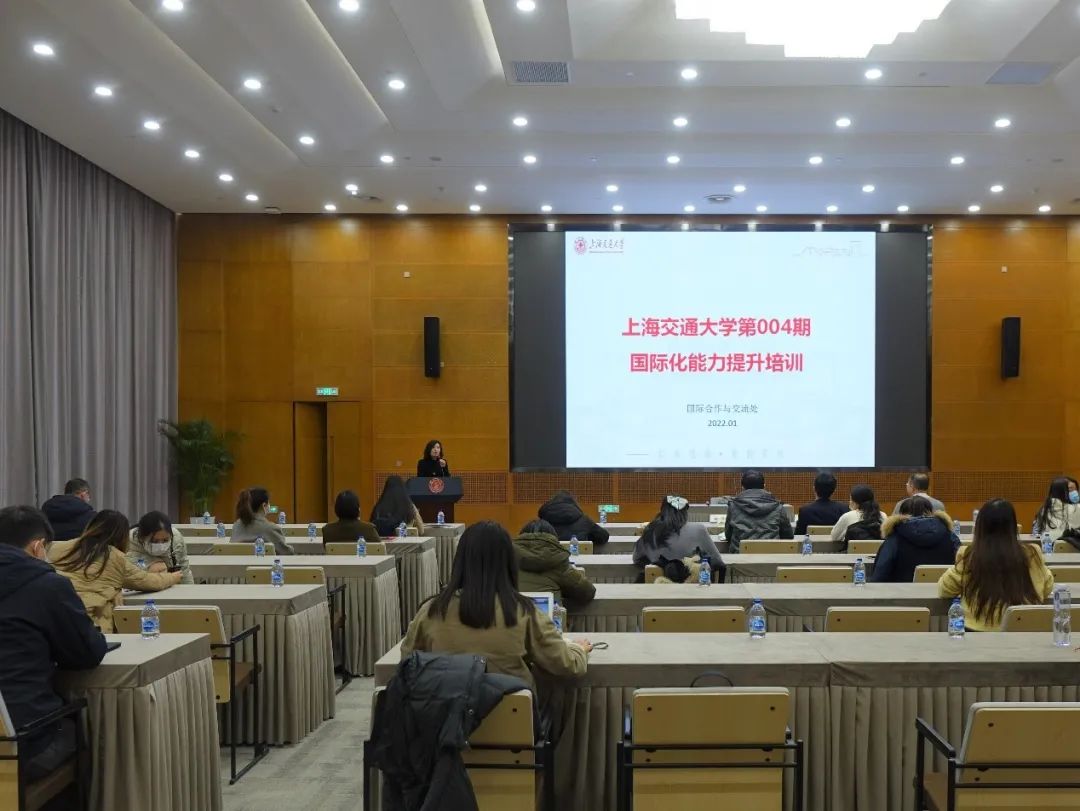
Luo Peng, the Director of the Office of International Cooperation and Exchange, delivered the opening speech. He extended a warm welcome to the guest speaker and participants of the lecture. He stated, "The continuous improvement of international work capabilities is an unremitting pursuit of our colleagues on the internationalization front. The series of training lectures for enhancing internationalization competence of managers allows us to learn from influential experts, scholars, and practitioners, listen to their skills, gain insights, and resonate with their experiences. It strengthens our own capacity-building efforts and will help our university move towards becoming a world-class institution."
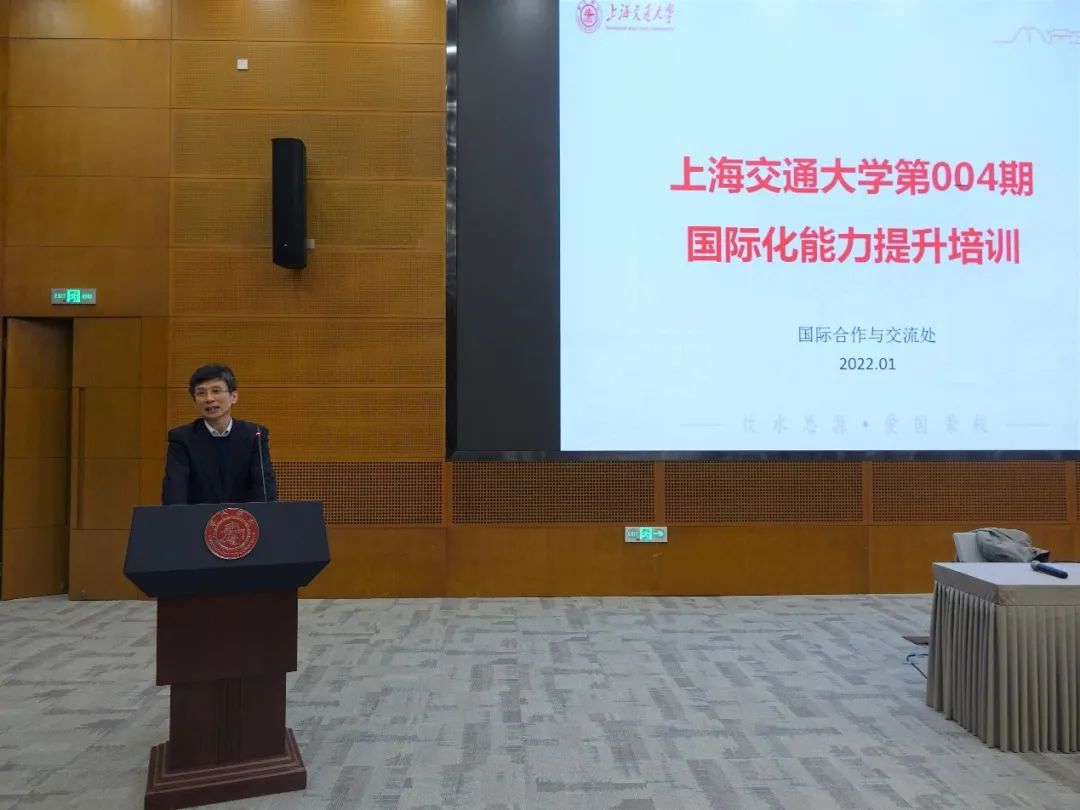
During the lecture, Professor Huang Qixuan began by using several current and interesting examples to highlight the fact that different perspectives on international situations and hot issues often present different facts and viewpoints. Following that, Professor Huang Qixuan elaborated on the trends and implications of the century-long transformations from various angles, including the international level, domestic politics in the United States, and the competition among major powers in terms of technology.
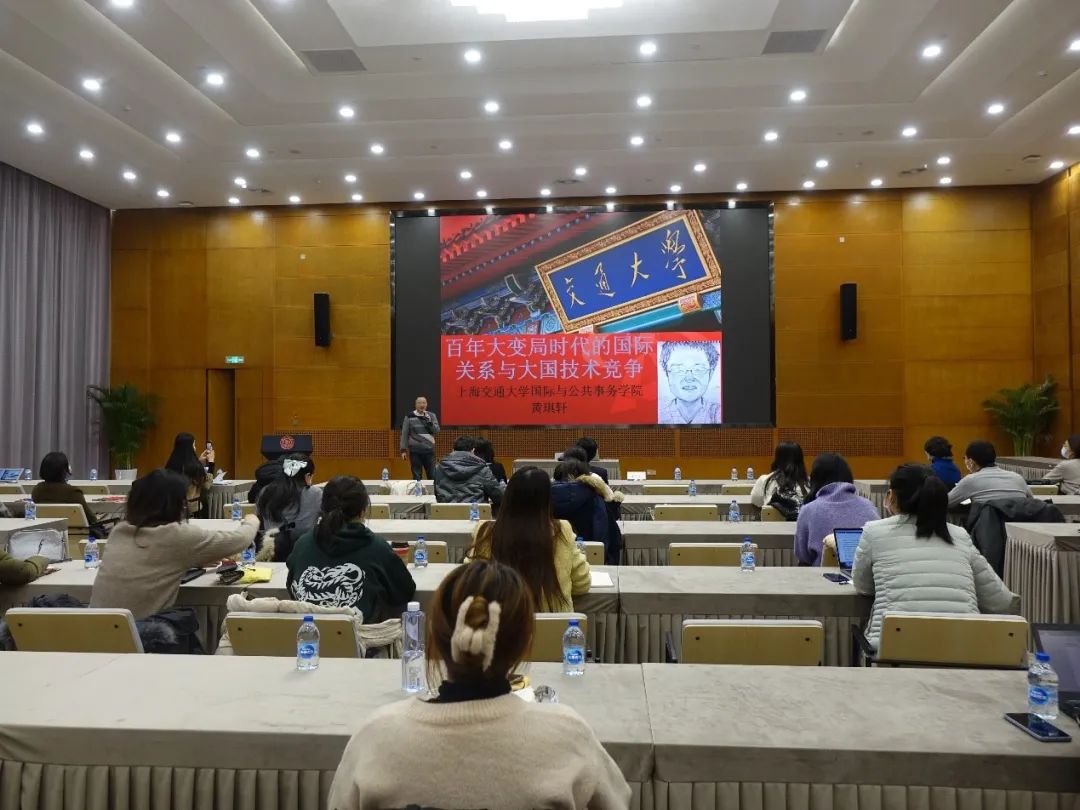
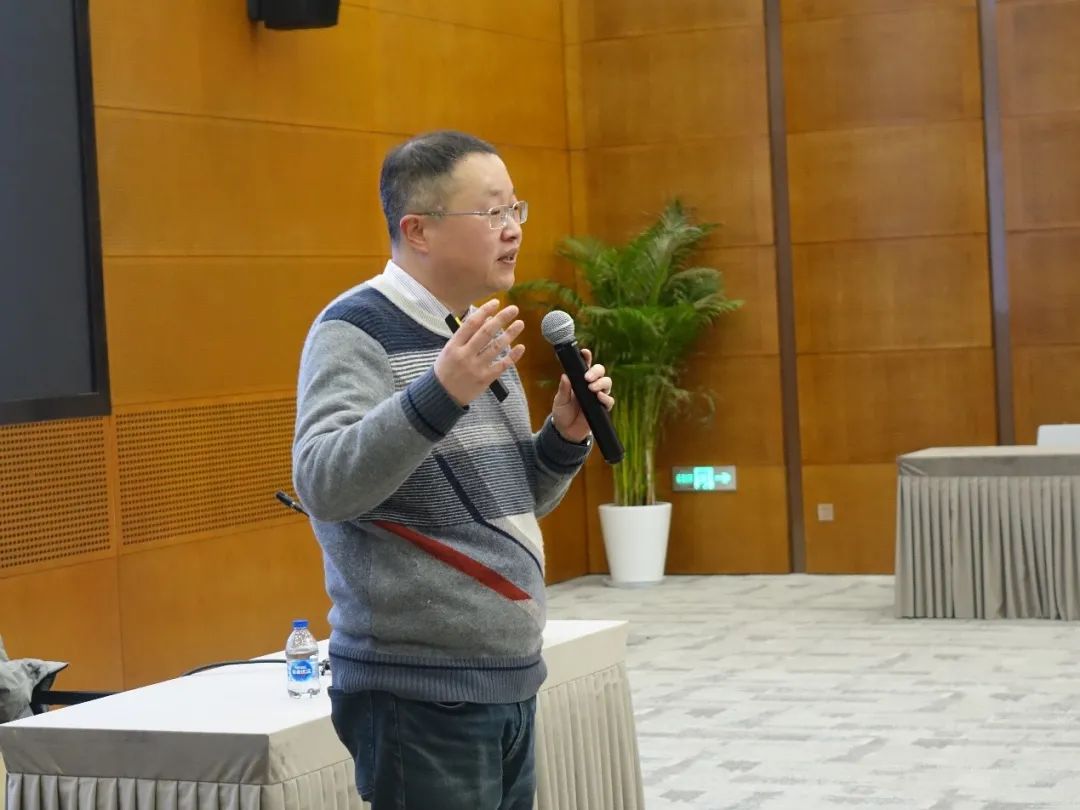
Based on extensive research and survey data, Professor Huang Qixuan dynamically summarized the current global landscape as a "rise in the East and decline in the West." He pointed out that against the backdrop of the pandemic, the power shift between China and the United States is accelerating, with China's trend of becoming the world's largest economy strengthening. China is playing an increasingly important role on the world stage. Therefore, effectively managing the China-US relationship amidst the changing power dynamics is the key issue in addressing the century-long transformations.
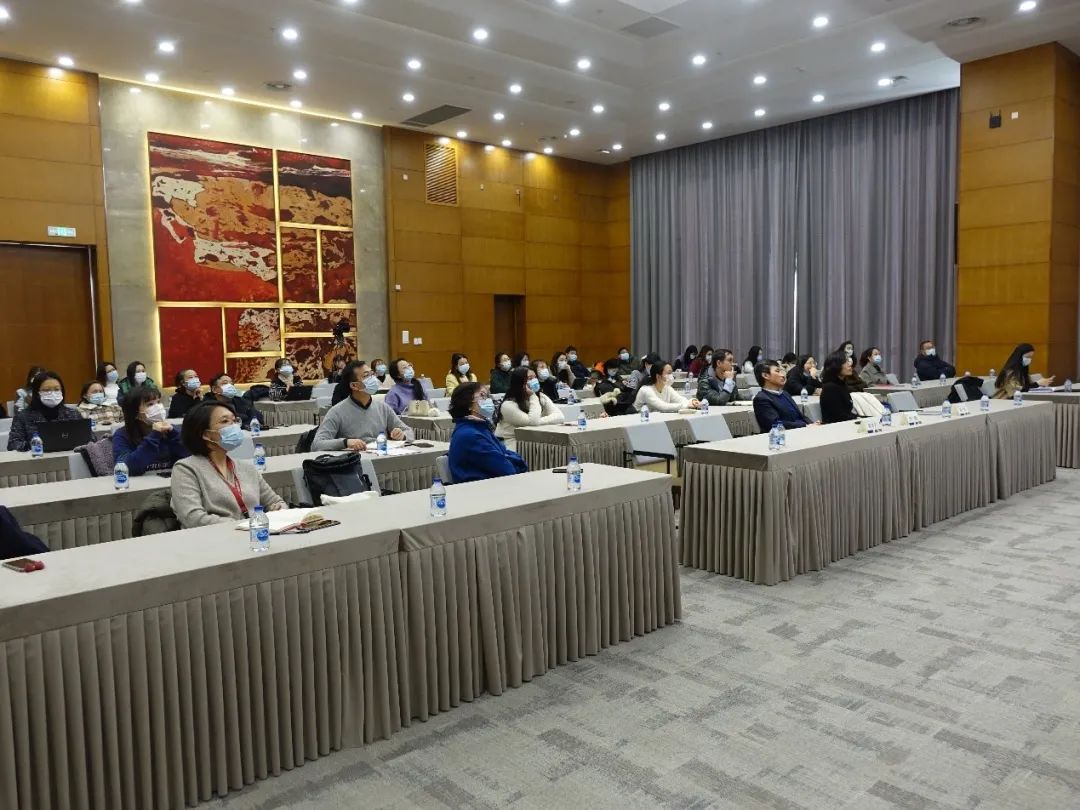
Lastly, Professor Huang Qixuan reviewed and analyzed how the United States emerged as the winner in three major technological competitions over the past century. He pointed out that China, leveraging its growing domestic market, has the potential to tap into a broader overseas market. With the dual-circulation driving force, China's technological growth is poised to enter a higher stage. Therefore, establishing an "international united front" and advancing the pace of external cooperation are crucial for China.
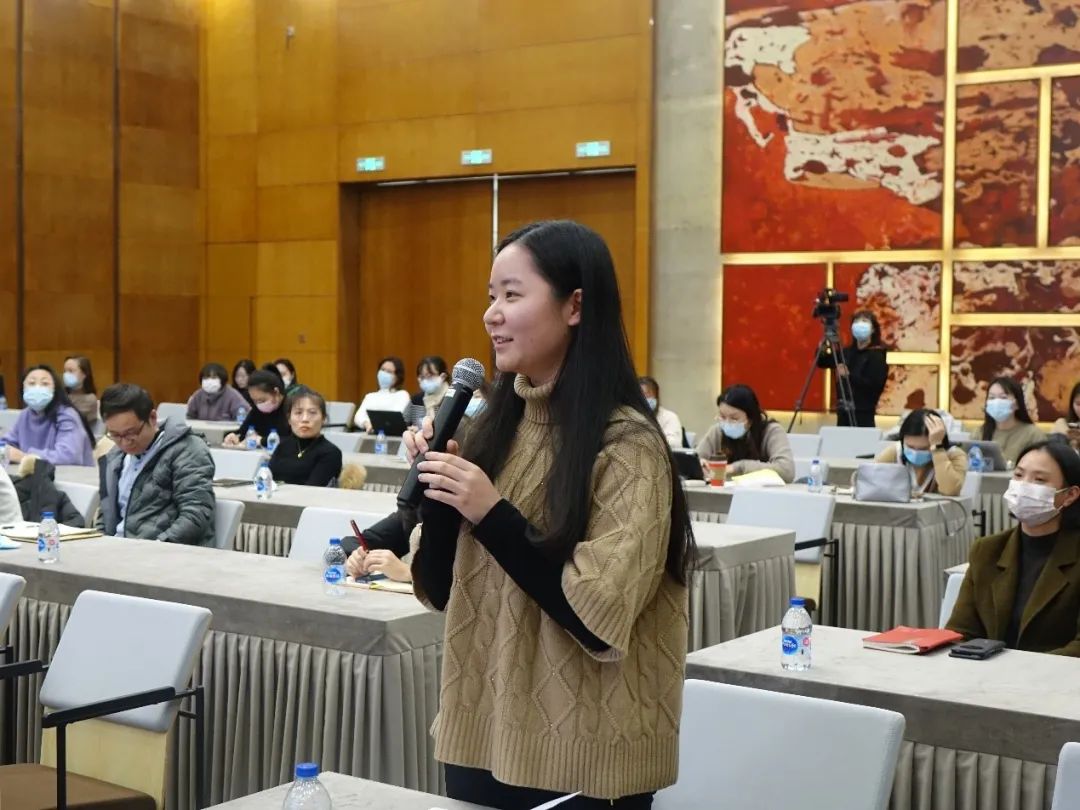
During the interactive session, Professor Huang Qixuan addressed highly anticipated questions regarding the impact of population growth on relations among major powers and the influence of China's research achievements in international relations on the global academic community. The participants greatly benefited from these discussions. The current phase of the training program for enhancing internationalization competence of managers concluded with enthusiastic applause.



